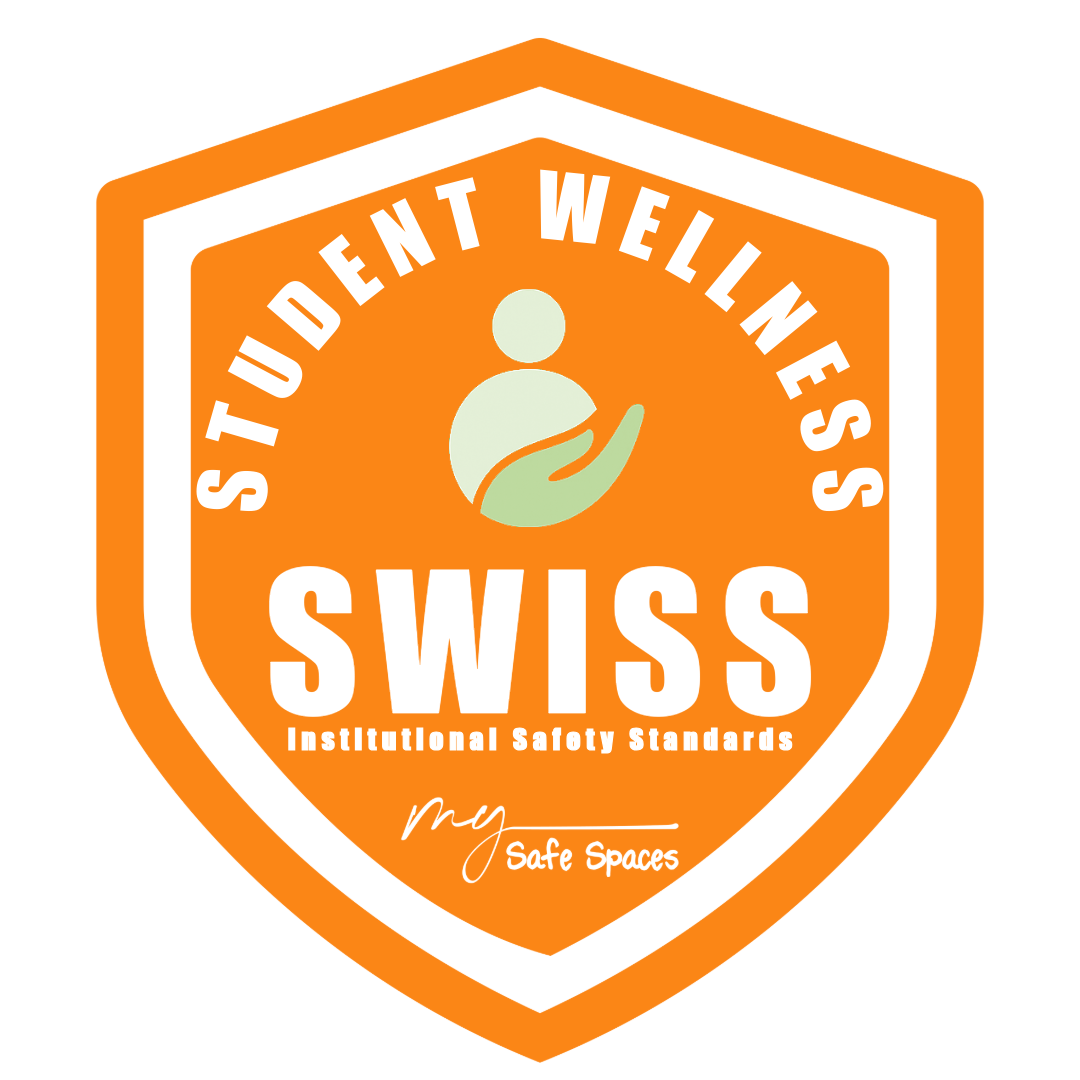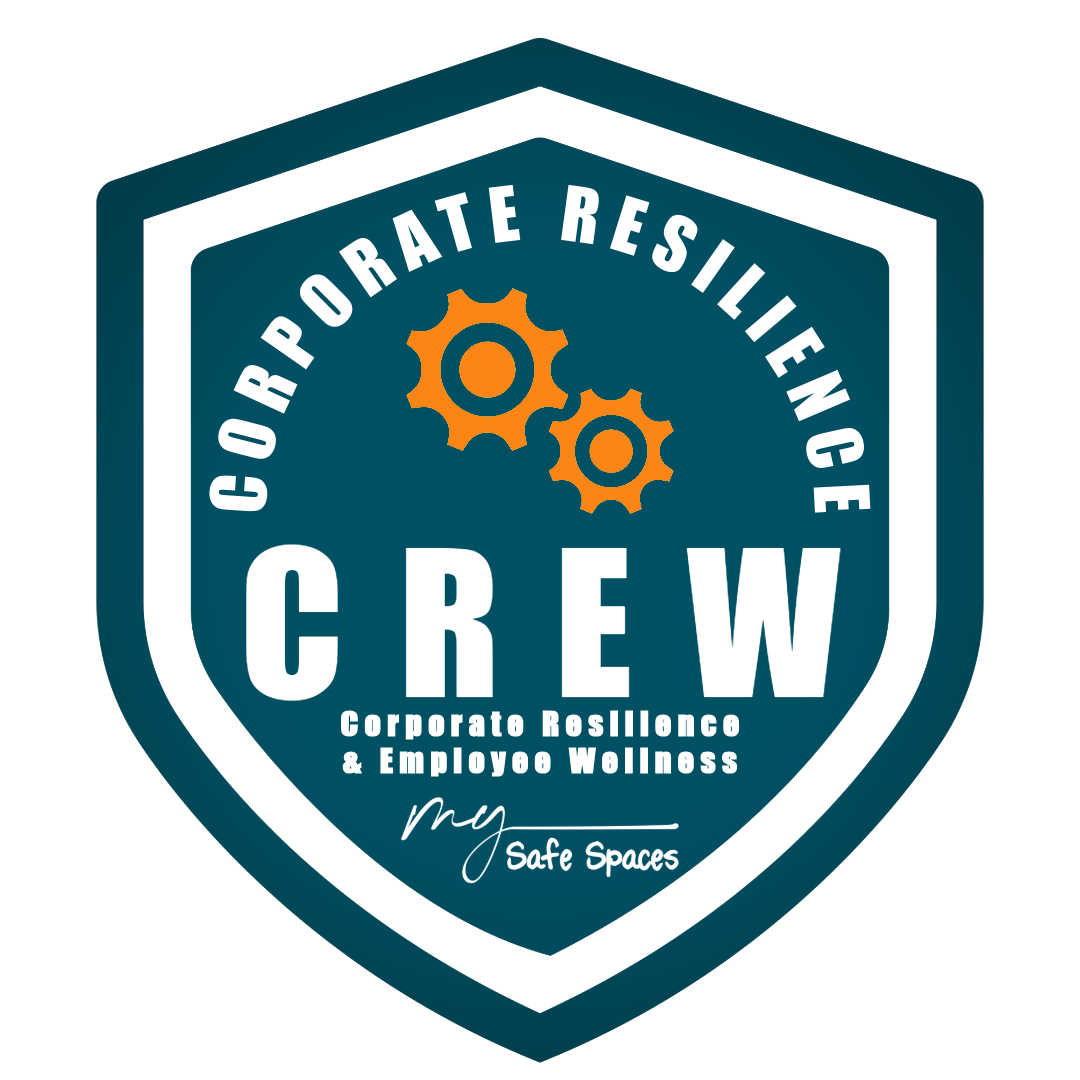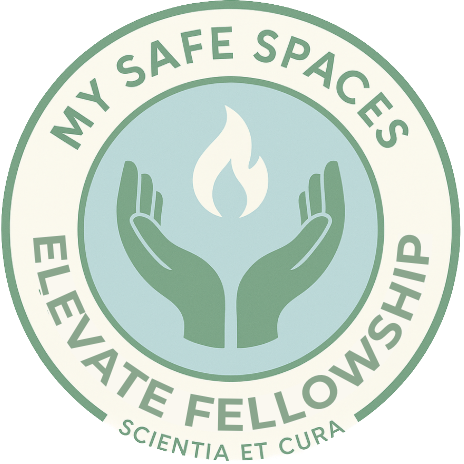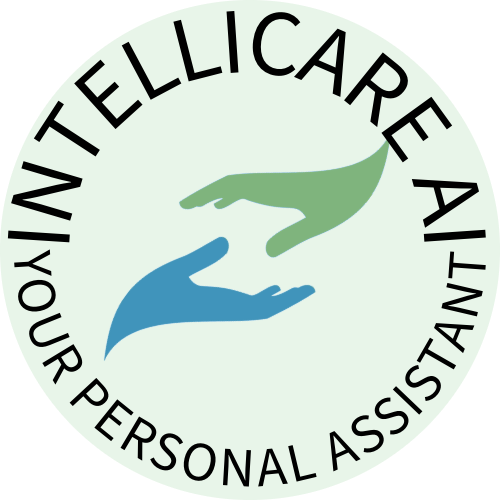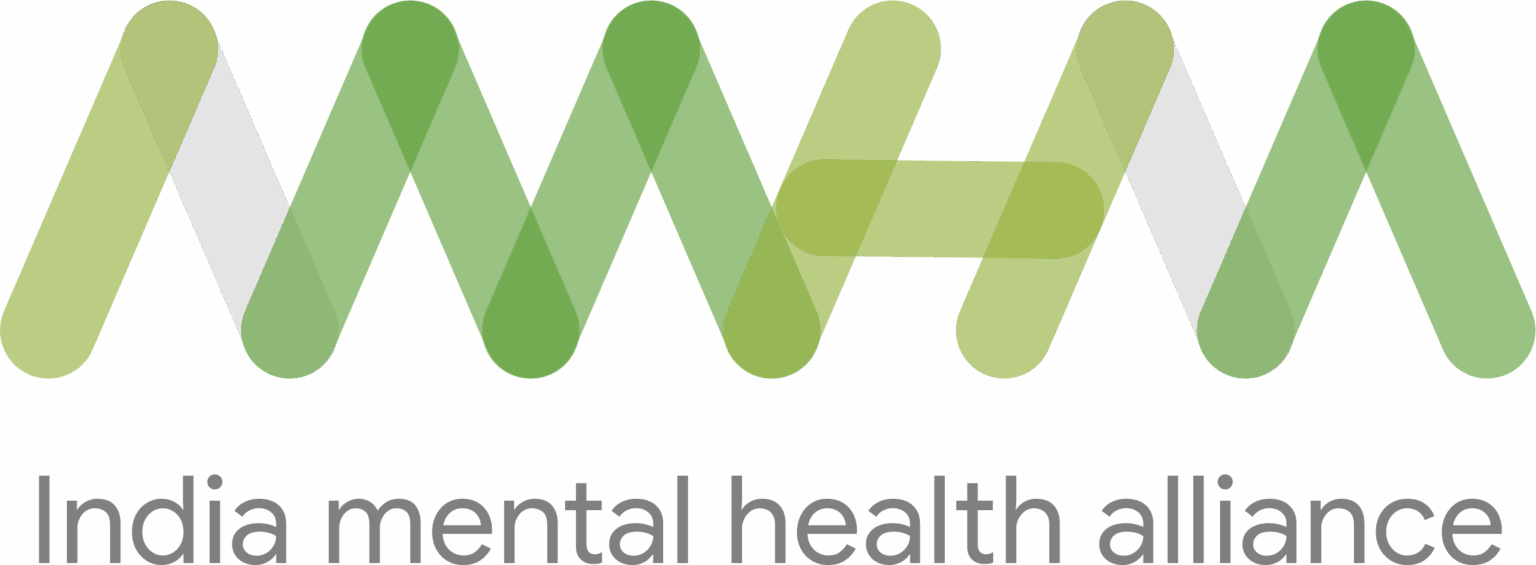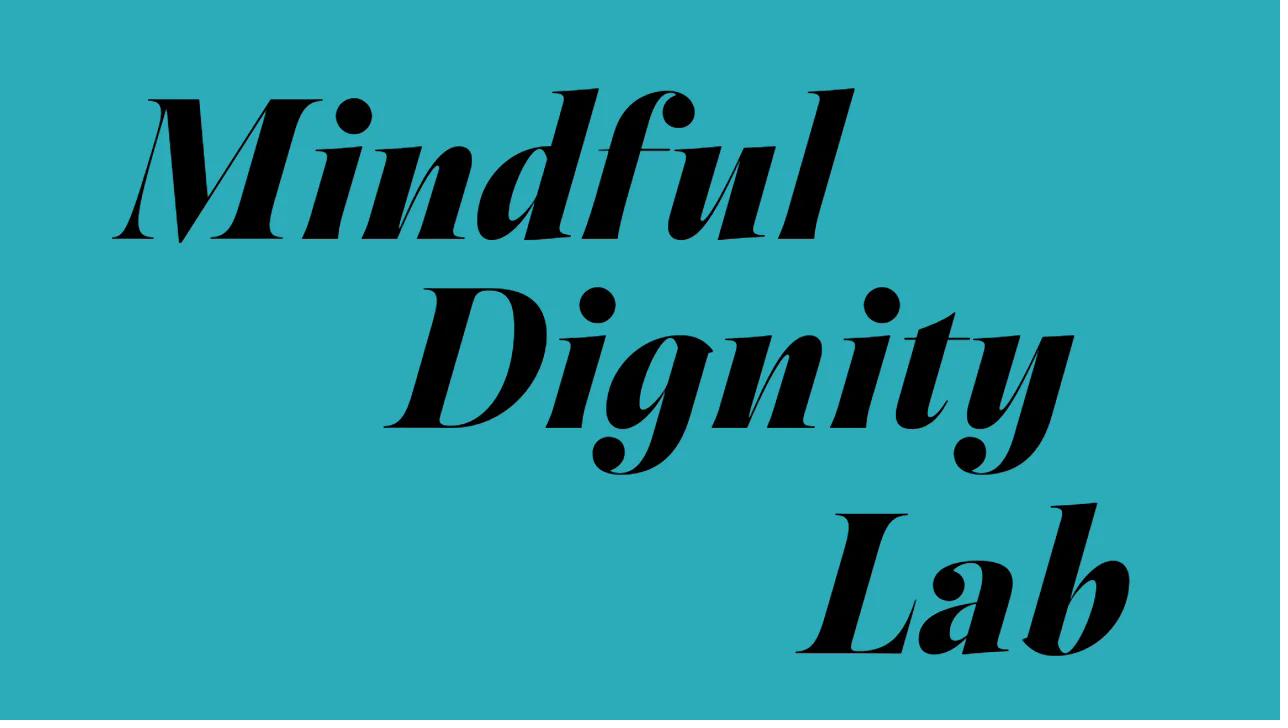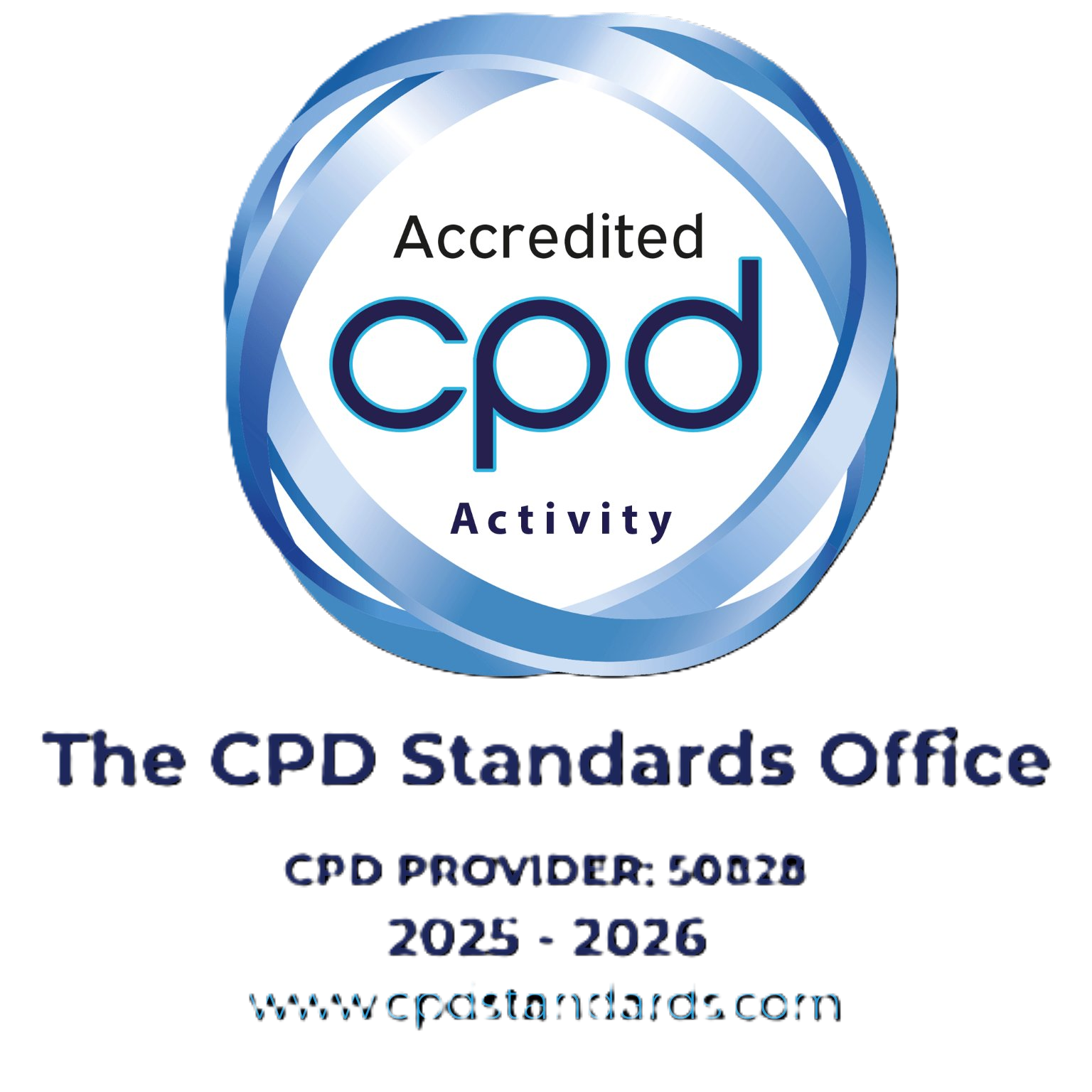Building Safer Institutions,
Empowering Lives
Comprehensive institutional safety standards and evidence-based wellness programs for schools, workplaces, individuals, and mental health professionals across India.
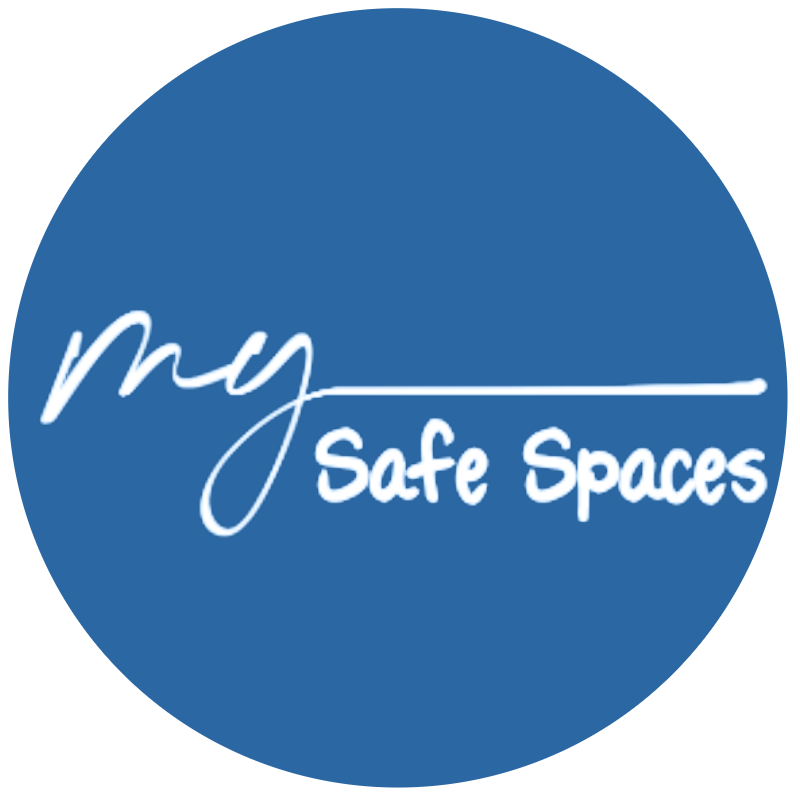
Institutional Student Safety Cannot Wait
India faces a critical mental health crisis among students. Schools and colleges lack the protocols, trained staff, and systems needed to identify at-risk students and intervene effectively.
SWISS (Student Wellness & Institutional Safety Standards) provides a comprehensive framework that transforms every institution into a Safe, Welcoming, Inclusive, and Supportive environment—because every student deserves protection.
Crisis Prevention
Proactive identification and intervention before crises escalate
100% Staff Training
Every educator becomes a trained gatekeeper for student safety
24/7 Support Systems
Round-the-clock access to crisis resources and professional support
CPD Accredited
Internationally recognized certification from UK CPD Standards Office
The Crisis in Numbers
Four Strategic Verticals
Comprehensive safety standards and wellness programs designed for every stage of life.
Educational Wellness
SWISS CertificationIndia's most comprehensive approach to school safety and student wellbeing through the SWISS certification framework.
- Gatekeeper Training for 100% staff
- Crisis Response Team setup
- Student wellness programs
- Policy framework templates
Personal Wellness
AI-Powered WellnessYour personal mental wellness companion with AI-powered support available 24/7 in 6+ Indian languages.
- IntelliCare AI assistant
- Journi personal journaling
- MOSAIC wellness assessment
- Professional counselor access
Workplace Wellness
CREW CertificationTransform workplace culture with evidence-based wellness programs delivering ₹4.20 ROI for every ₹1 invested.
- Manager MHFA training
- Employee wellness programs
- Leadership development
- KPI tracking & analytics
Professional Wellness
PRISM FrameworkEmpower mental health professionals with cutting-edge tools, CPD-accredited training, and practice management.
- 150+ interactive case studies
- CPD Standards Office accredited
- IntelliCare-Pro AI tools
- Supervision network access
Evidence-Based Results
Our framework is built on rigorous research from meta-analysis of 16 randomized controlled trials.
Meet IntellicareAI
Your compassionate AI companion for mental wellness. Available 24/7, in multiple Indian languages, with zero judgment.
- Multi-language support: English, Hindi, Tamil, Telugu & more
- Evidence-based coping strategies and techniques
- Crisis detection with human escalation
- Private journaling with mood tracking
Ready to Build a Safer Institution?
Schedule a 30-minute discovery call to assess your needs and create a customized implementation roadmap.
